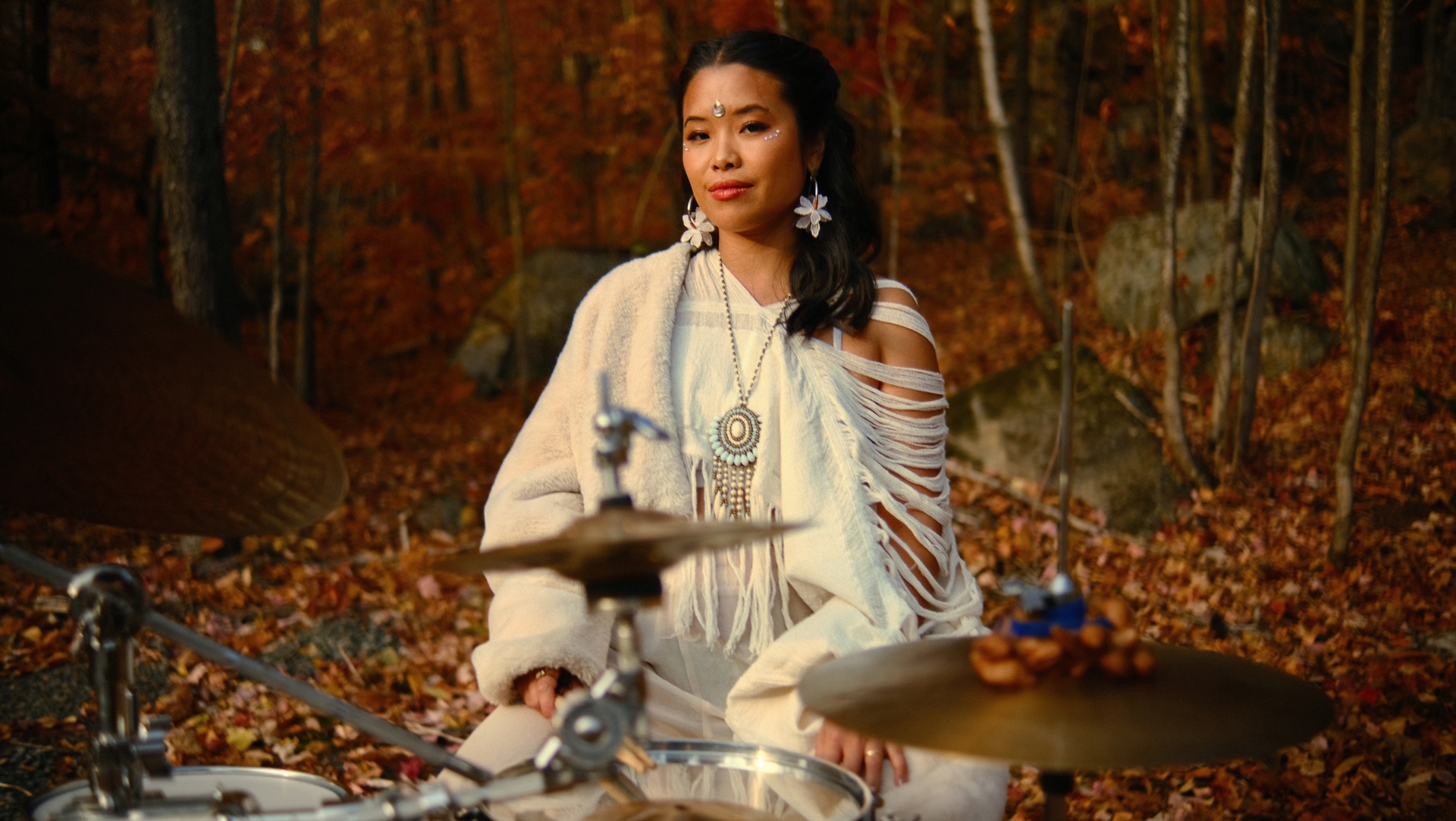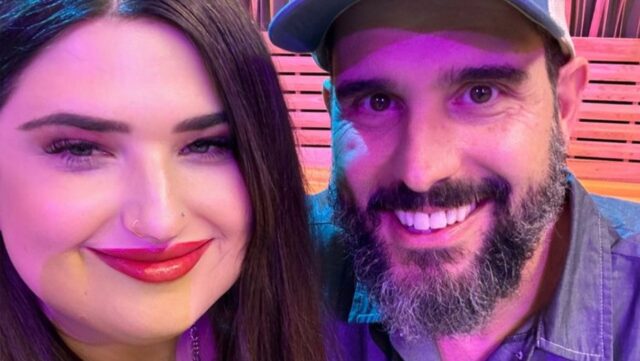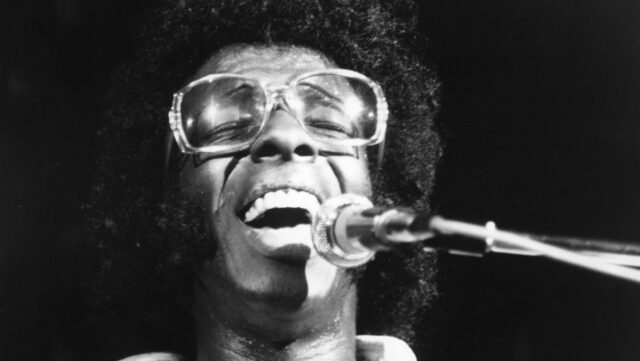Finding Your Sound: Salin
With her second album out now, the “Afro Thai Funk” drummer talks morlam, playing in nature and swimming with — not against — life’s hardships.
by Brad Farberman
“Being Here,” off Salin’s new album, Rammana, includes a brief spoken word performance from the Bangkok-raised, Montreal-based drummer: “It’s just a balance. A balance of saying no to the wrong things and yes to the right things. And knowing the difference.” Statements like these tend to be about setting professional boundaries, but the idea of equilibrium also applies to Salin’s musical vision. She calls her music “Afro Thai Funk” or “Afro Isaan Soul” — Fela Kuti’s Afrobeat mixed with morlam, a style of music from the Isaan region of Thailand. It’s an unforgettable meeting of musical worlds, powered by Salin’s sharp, dynamic drumming. A profound concept built on an equally deep groove.
Since first getting behind a kit at age 12, drums have been Salin Cheewapansri’s life. A viral video led to her joining a popular Thai artist’s band and by the time she was 17, she was playing for 10,000 people. Lessons in the U.S. came next, with the likes of Dave Weckl and Peter Erskine, before a metal band from Montreal brought her to that Canadian city, where she’s been living since 2011. There, in a dilapidated rehearsal space, she found her funky calling — the musicians in the next room were listening to James Brown and Sly and the Family Stone. But it was through busking that Salin was able to hone the skills that would have gotten her a gig with either of those artists.
“At first I started playing with music — it didn’t work as well — but then I just started improvising breakbeats on the street, and that’s how I developed the style, I guess,” says Salin.
Music has since taken Salin indoors in many places, from Winter Jazzfest in New York to the North Gate Jazz Co-op in Chiang Mai to Turbo Haüs in Montreal — a clip of which was shared by Questlove. But her interest in playing outside hasn’t waned — it’s merely moved from the street to nature. In 2023, Salin traveled to Isaan and filmed herself playing drums in a garden, on the beach and in a field. The music became an EP, Kouta in Siam, and the videos came with captions like “Drums VS Tide,” “Thai funk to make the sugarcane grow” and “Funk worth running away for.”
“I think that nature brings us outside of our thinking mind,” reflects Salin. “Like anytime we’re in nature, we are more present, we connect with other senses more. We belong to nature — we’re not supposed to be in concrete buildings. And every time we’re in nature, we feel better, and I think when I write music, I try to get out of the concrete building, too, and try to get as close to nature as possible. And perhaps that’s why when I play in nature, it kind of connects with the music so well, and just expresses that outerly world. Like, we’re not in this capitalist world. I mean, I don’t make music like that. I don’t make music to be like, ‘Oh my God, I gotta be popular. I gotta make money.’ I make music because it speaks to me.”

On the same trip to Northeast Thailand, Salin dug deep into morlam, and produced a documentary about the Nyah Kur tribe. And she noticed that fans of morlam had a lot in common with, say, the colleagues who had introduced her to the Godfather of Soul. The music became an integral part of Rammana.
“[Morlam is] one of the most-listened genres in Thailand besides pop,” explains Salin. “And it’s folk style, and it’s very similar to funk in the way that people who love morlam love to dance. They can party. They will party from like 6 p.m. to 10 a.m. — that’s a morlam party. And they will have a stage with 20 dancers on stage. They change costumes every time. It’s a huge show. A lot of people listen to it, too, so I wanted to learn more about the genre.”
“Current,” the exhilarating first single off Rammana, moves from Fela-esque chords to an organ-filled morlam B-section. The video expounds on the theme, as it follows a never-deterred journeyer.
“The main character, Lalita, she’s driving a motorbike on the island, and then her bike broke down and then she just was like, ‘OK, OK, I’m just gonna flow with the circumstances,’” says Salin. “So she walked on the beach, she found a boat and she just sailed the sea. ‘Current’ is like, you kind of go through these emotions about the circumstance that you face and you just flow with it.”
Salin’s percussive worldview is also informed by the African and Caribbean sounds she encounters on a daily basis. Matching up different styles is a joy for the drummer, and she intends to continue on that path.
“And even before I left to do that research [in Isaan], I was in Montreal and there’s a lot of French immigrants,” says Salin. “From Congo, from Haiti, from Morocco. So I get to really learn all these rhythms because of how multicultural Montreal is. I heard about amapiano, you know, and I was just like, ‘Oh my God, this is like morlam but a bit more different.’ So when I did that, I was like, ‘Oh, I love to cross genres, two together, and hear how it sounds.’ And I think I’m still getting there. I think this album is the start of this. And I’m really excited about this new discovery.”



